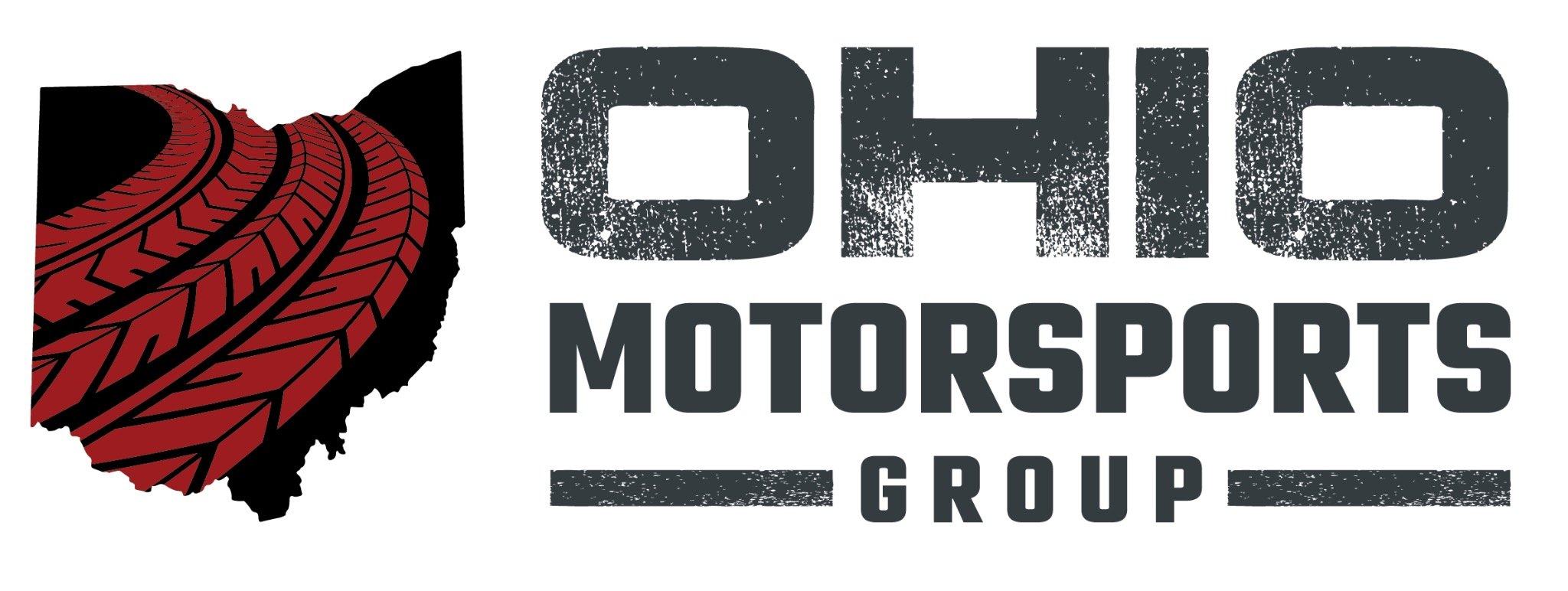exactly the kind of thing I'm thinking....100 million lines of code is some serious shit. As for the OBDII thing, that's just a diagnostics port accessing a memory map. That kind of system architecture is used everywhere (like in the last board I just made, but in FPGA form) and the code it requires is minimal at best. Trust me, I've made one from scratch in out of VHDL, and it ain't a very big deal. Having the framework already made in a CPU is even less impressive. Hell, the arbitration is the hardest part, and that's cake since there's only one port. Kind of hard to make a big deal out of a memory access arbiter that only has one port...it's like trying to ref a game that only has one team. Let's be honest, any of the other digital EE's here will tell you that a car is (in my rough estimation) almost entirely a series of control systems. Fuel maps? They're just multi-dimensional LUT-based control algorithms. Drive-by-wire? Simple negative feedback (and maybe feed-forward) control loops. The whole thing is pretty underwhelming, and the processors they use are never leading-edge. Shit, most of these systems' loop responses are so painfully slow anyway (because they interact with mechanical systems that have crazy slow loop responses compared to clock speeds), so there's really no need for super-high-end processors or high-bandwidth comm systems. Sure, there are a lot of controls, but this stuff really shouldn't be that hard. Or maybe the FPGA world has jaded me, and turned me into some kind of digital snob. Even though I still think drive-by-wire systems are cool in theory and scary in practice....


